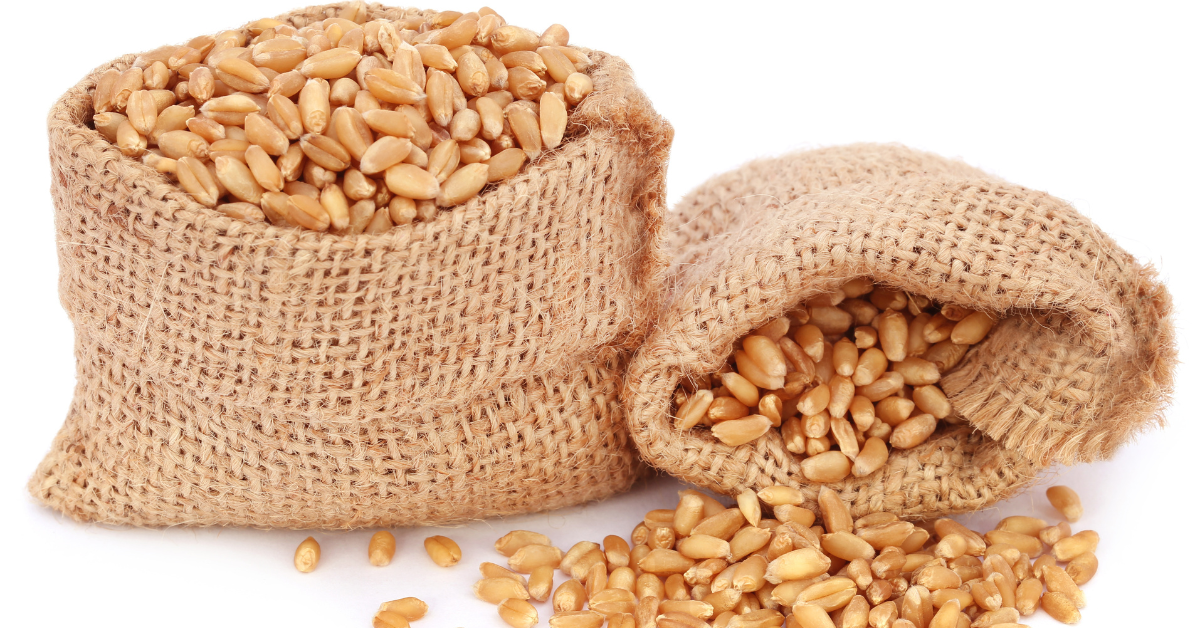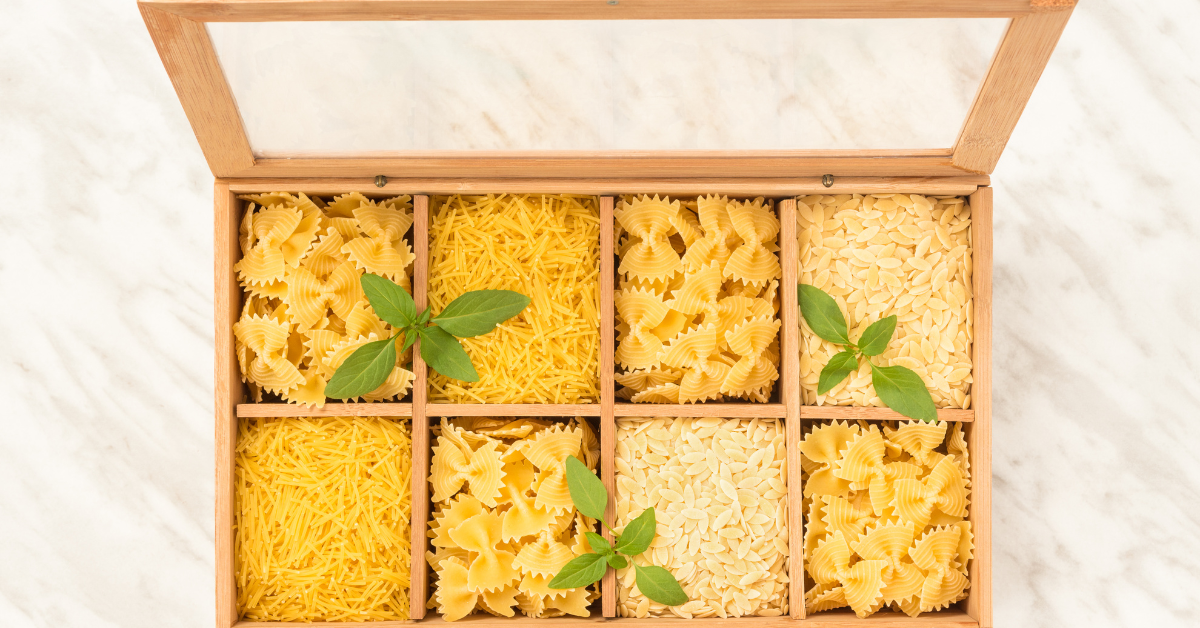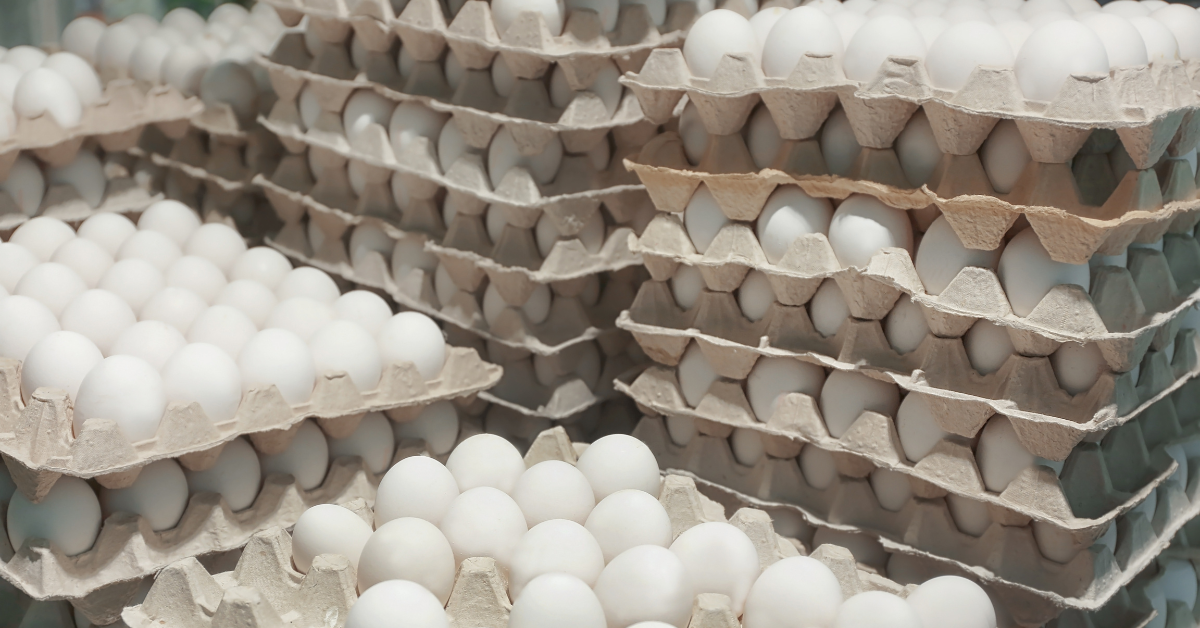Does peanut butter go bad? The short answer is yes—but not anytime soon. Peanut butter is a great pantry staple, which is why we include it in our prepper supplies at home. We like peanut butter because it tastes good, is nutritional and versatile, and has a reliable shelf life.
If left unopened and in its original packaging, peanut butter can last in the pantry for six to nine months, under the right storage conditions. On the other hand, if it’s been opened, peanut butter will last for only two to three months.
Read on to get the details about the shelf life of peanut butter.
The Shelf Life of Peanut Butter

The shelf life of a food item is the amount of time that the item is usable and sellable. In other words, it’s how long it can be kept on the shelf in the store or your pantry.
In most cases, the shelf life of a food item does not correlate to its expiration date. Instead, the shelf life correlates with the “best-by” or “best before” date. The best-by or before date tells you the length of time in which the food is at its maximum quality.
A common question is, "Can peanut butter go bad?" and the answer is yes. However, the shelf life of peanut butter is generally longer than what the best-by date suggests.
In retail stores, the best-by date also correlates to the “sell-by” date, or the time the product can be displayed for sale.
On the other hand, expiration dates tell you when the product is no longer safe to consume. Best-by and sell-by dates are much more conservative than expiration dates.
For example, the best-by date for peanut butter may only be a few months, but in reality, peanut butter can be kept much longer; that is, of course, depending on how it's stored.
Storing Peanut Butter Properly to Maximize Shelf Life
To ensure that your peanut butter lasts as long as possible, it's important to store it properly. This means keeping it in a cool, dry place, away from direct sunlight and heat. If you're storing natural peanut butter without preservatives, it's especially important to keep it in the refrigerator once opened to prevent spoilage and maintain its quality.
Factors Affecting Peanut Butter's Shelf Life
-
Temperature: Peanut butter keeps longer if it's kept in cool or cold conditions. Avoid unnecessary heat and humidity.
-
Container: Peanut butter will last longer in airtight containers kept in a dark location away from natural sunlight.
-
When You Buy It: Avoid torn, dented, bulging, or dusty food products, because that usually signals the product is already old.
-
Presence of stabilizers and preservatives: Natural peanut butter without preservatives is healthier, but will spoil faster. In peanut butter without stabilizers, the oil will separate over time; however, this is not a sign of spoilage.
The Importance of Rotating Your Peanut Butter Stock
To ensure you're always consuming fresh peanut butter, it's essential to practice proper food rotation. This means using the oldest jars first and replenishing your stock with new jars as needed. Keeping track of purchase dates and best-by dates can help you stay organized and maintain the quality of your peanut butter supply.
Shelf Life of Different Types of Peanut Products
|
Average Shelf Life in Pantry |
Average Shelf Life when Refrigerated |
|
|
Peanut Butter |
6–9 months unopened; 2–3 months if opened |
6–9 months opened |
|
Peanut Flour |
1 year unopened; 2–3 months if opened |
Up to 12 months |
|
Peanut Oil |
9 months if unopened; 2 months if opened |
4–6 months |
|
Bagged Peanuts |
1–2 months |
4–6 months |
|
Powdered Peanut Butter |
10–12 months unopened; 4–6 months opened |
Up to 12 months |
Warning Signs of Spoiled Peanut Butter
The best way to tell if peanut butter has gone bad is to go by sight, smell, and taste.
|
Warning signs of Spoiled Peanut Butter |
||
|
Sight |
Smell |
Taste |
|
|
|
|
|
|
|
|
|
Peanut Butter as a Flavorful and Nutritious Food

Peanut butter is super delicious and versatile food. You can spread it onto sandwiches or bagels, bake it into cookies or bread, or eat it with celery, apples, and bananas. It’s a critical ingredient in so many recipes.
Besides its delicious flavor, peanut butter is also nutritious. One serving of peanut butter contains:
-
207 calories
-
9 grams of protein
-
18 grams of fat
-
6 grams of carbs
-
3 grams of fiber
-
1 gram of sugar
Peanut butter is also a good source of:
-
Magnesium
-
Vitamin B6
-
Manganese
-
Niacin
-
Vitamin E
Potential health benefits correlated with peanut butter are:
-
Improved heart health
-
Reduced risk of diabetes
-
Anticancer properties
-
Weight management
However, peanut butter and other nutrient-dense shelf stable meal ideas are only part of the prepper puzzle. The other pieces to the puzzle consist of professionally prepared and packaged freeze-dried and dehydrated emergency food with a shelf life of 25+ years. These shelf stable meal ideas provide a diverse range of options to ensure long-term food security in emergency situations.
To be fully prepared, you may also need freeze-dried meat, fruits, and vegetables. For long-term emergencies or surviving a grocery store food shortage, you may need survival food kits.
[product_render product-handle="72-hour-emergency-food-kit"]
Preparing for Emergencies with a Well-Rounded Food Supply
While peanut butter is a versatile and nutritious addition to your emergency food supply, it's important to have a well-rounded stock of food items to ensure you're prepared for any situation. This includes having a variety of shelf-stable, freeze-dried, and dehydrated foods, as well as a supply of water and essential cooking equipment. Having a diverse and balanced food supply will help ensure your safety and well-being during an emergency.
To be fully prepared, you may also need freeze-dried meat, fruits, and vegetables. For long-term emergencies or surviving a grocery store food shortage, you may need survival food kits.

Final Thoughts On How Long Peanut Butter Can Last
Peanut butter is a versatile and nutritious food item. If left unopened and in its original packaging, peanut butter can last in the pantry under the proper storage conditions for six to nine months. On the other hand, if it’s open, peanut butter will last for only two to three months.
To complement your cache of shelf-stable food staples like peanut butter, it’s also critical to have long-term food storage prepped beforehand. Professionally made emergency food will give you peace of mind at the moment and keep you alive if SHTF.
If you’re ready to start your prepping journey, head to our website to check out some of our products. If you have any questions, don’t hesitate to speak with one of our product experts.
Remember to periodically check your peanut butter supply and ensure that it is still safe to consume. By staying informed on the shelf life and storage conditions of peanut butter, you can help maintain the quality of your emergency food supply and keep your family safe and healthy during any crisis.




